Hackathon (WS 24/25)
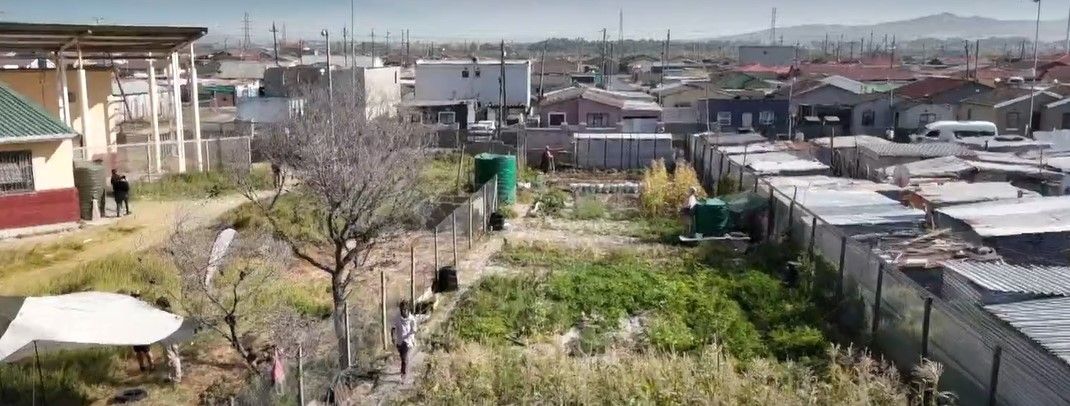
In February 2025, the cooperation partners from Aachen, Berlin and Cape Town organised a two-week community hackathon in Khayelitsha. The aim of the format was to work with local initiatives to develop cost-effective, sustainable solutions for public welfare-oriented infrastructure with a focus on community gardens.
The hackathon combined practical experimentation, mutual learning and the prototypical implementation of concrete ideas using recycled materials. Local participants included the Khayelitsha Canoe Club, the Sonke Masilime home gardening group, the Igalelo Labafazi community garden, other local activists, six product design students and Professor Sönke Hoof from Aachen University of Applied Sciences. WDR Aachen, a local TV-broadcasting station, reported extensively on the project before and after it took place, with film clips and interviews.
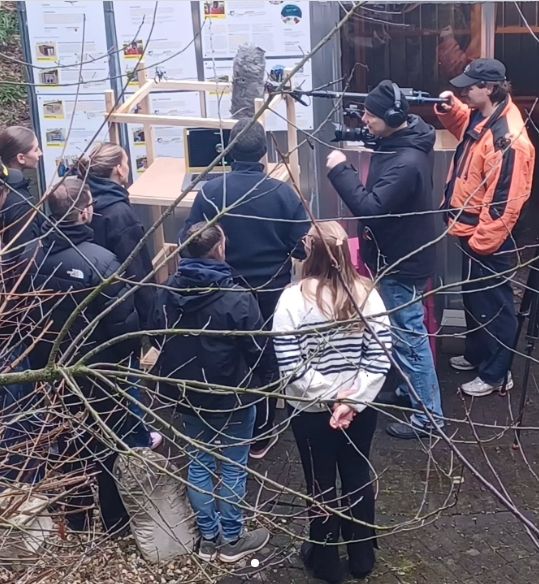
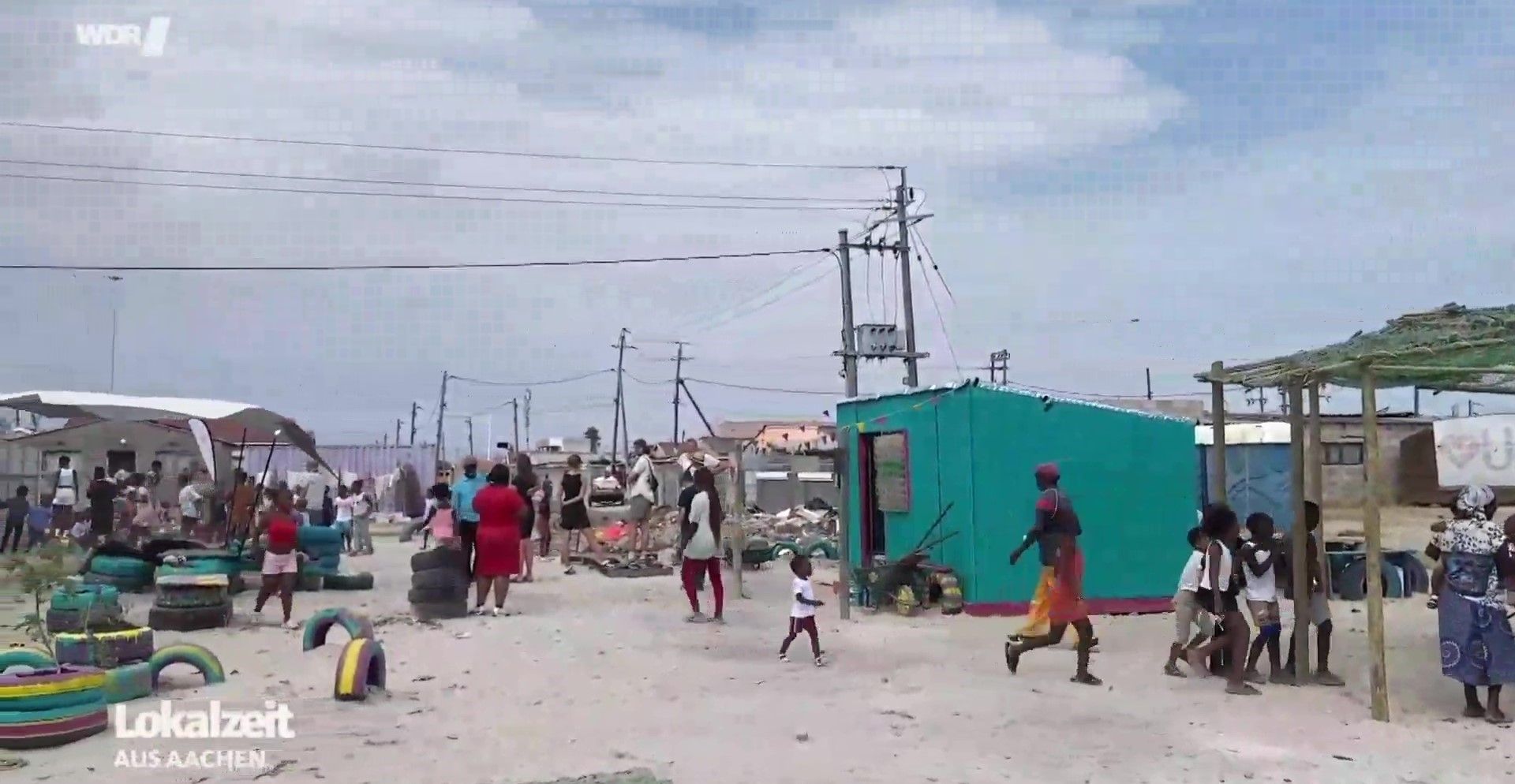
Student Lara Haaken reported: ‘I remember very clearly when we first drove into the township – all the noises, the smells, the whole scene – being surrounded by mountains the whole time, with this harsh contrast to the cultural reality in which the people there live. I don’t think any of us could have imagined what it would be like in the end.’
During the first hackathon week, around 30 participants worked on challenges in the field of urban gardening: sun protection, wind protection, irrigation and the cultivation of seeds and seedlings. The results were presented to the public at a community event. In addition to local gardeners, numerous NGO members from other neighbourhoods in Cape Town also attended.
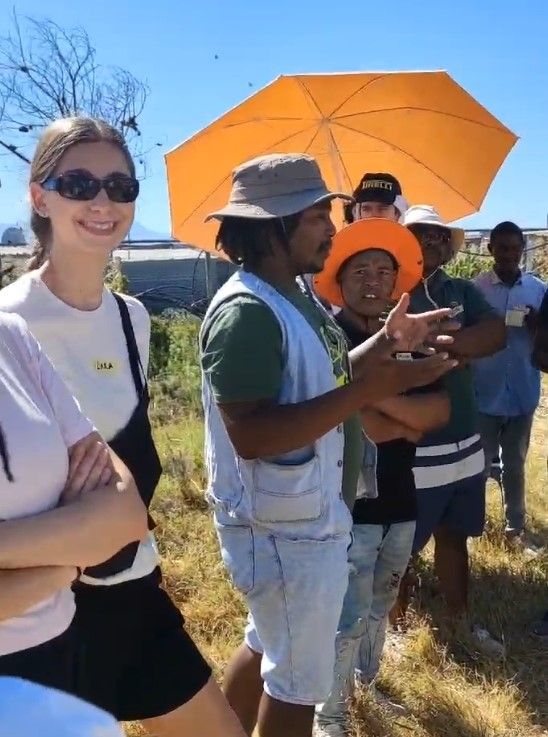
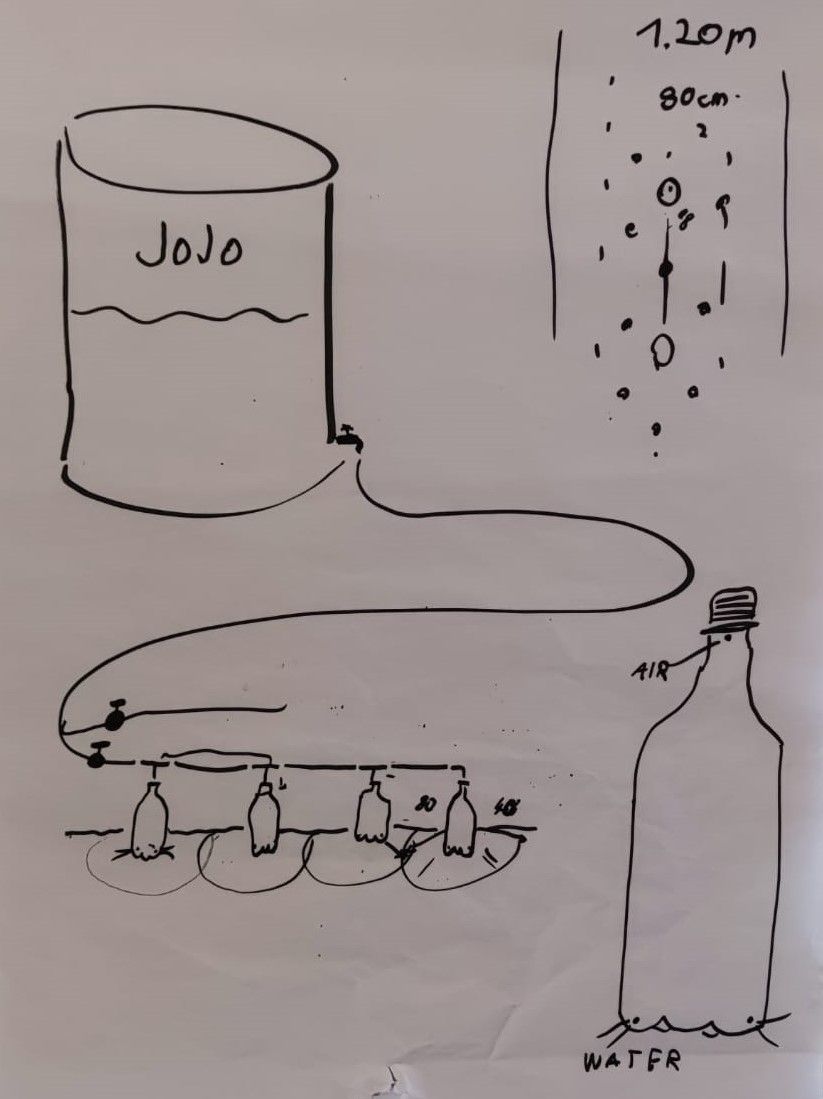
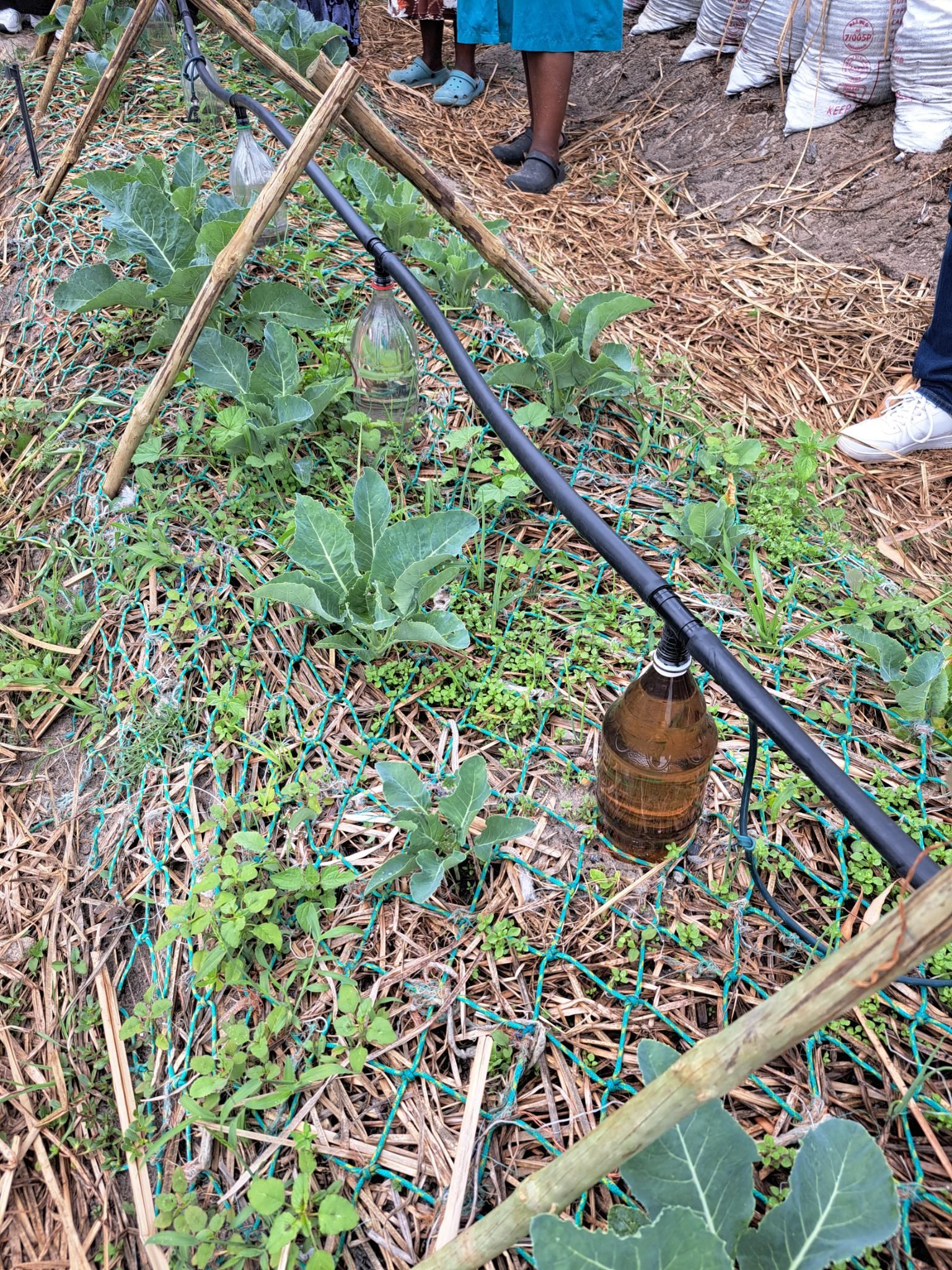
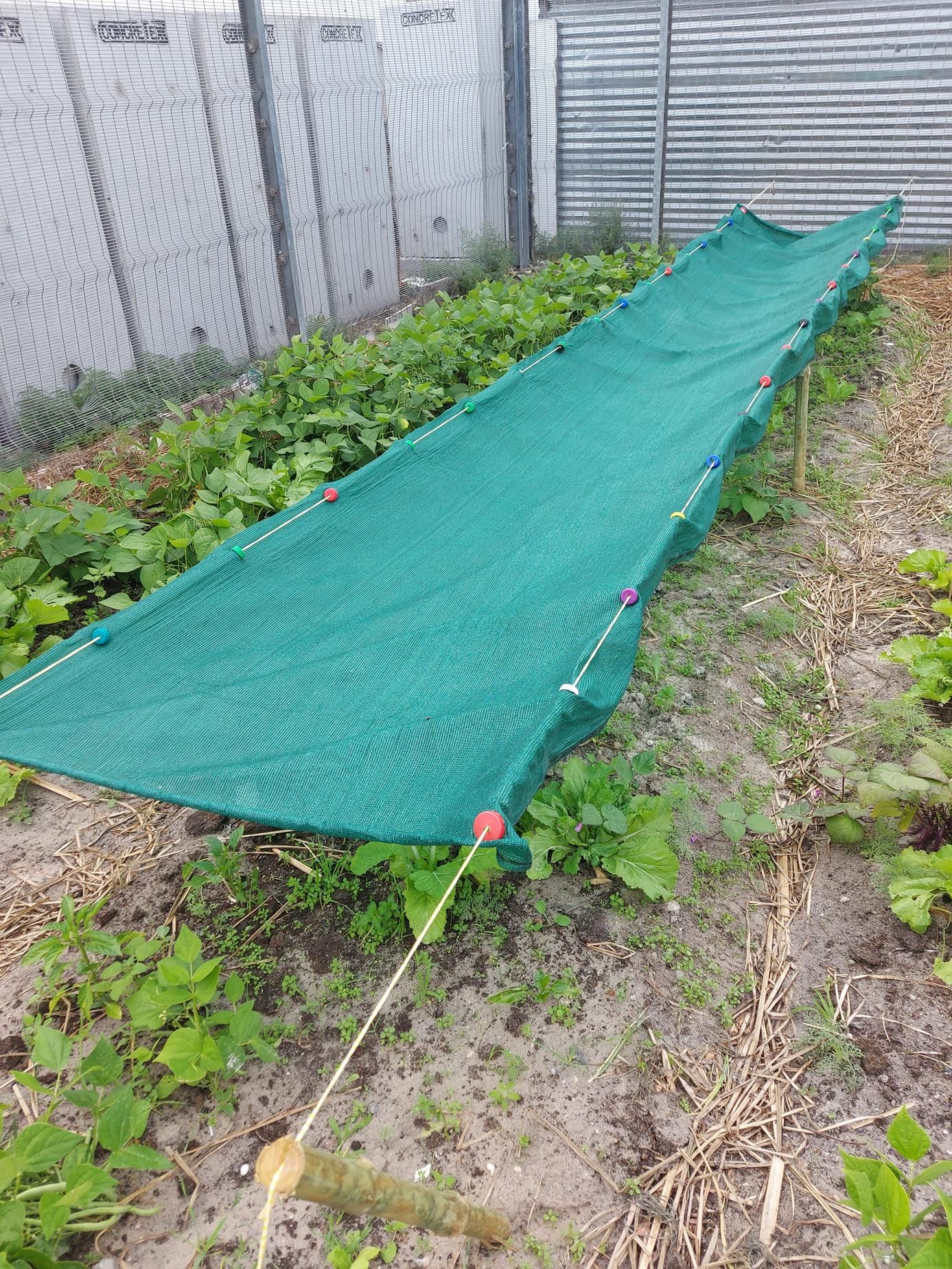
Professor Sönke Hoof on the approach: “They are already working while we are still thinking. And that was actually the most difficult situation for me. That’s why we had to take a very close look: What is this actually? What do they really want? And not: What do we think they might need? And that’s actually the crux of the matter. If you can’t solve that at this point, then you can’t have lasting success, in my opinion.”
In the second week, the focus was on a vacant lot in Makhaza that had previously been used as an illegal rubbish dump. Together with the community, the site was transformed into a new neighbourhood and playground – the ‘Khayelitsha Community Hub’, which is now used by over 100 people every day.
Student Paloma Marchal: “The best part was when we built the playground in the second week and then saw how the local children played on it and enjoyed it – just seeing that we had made a lasting contribution and that it is now continuing. It was a challenge to make something out of nothing, with little money and the materials available locally – and I think we did a very good job.”
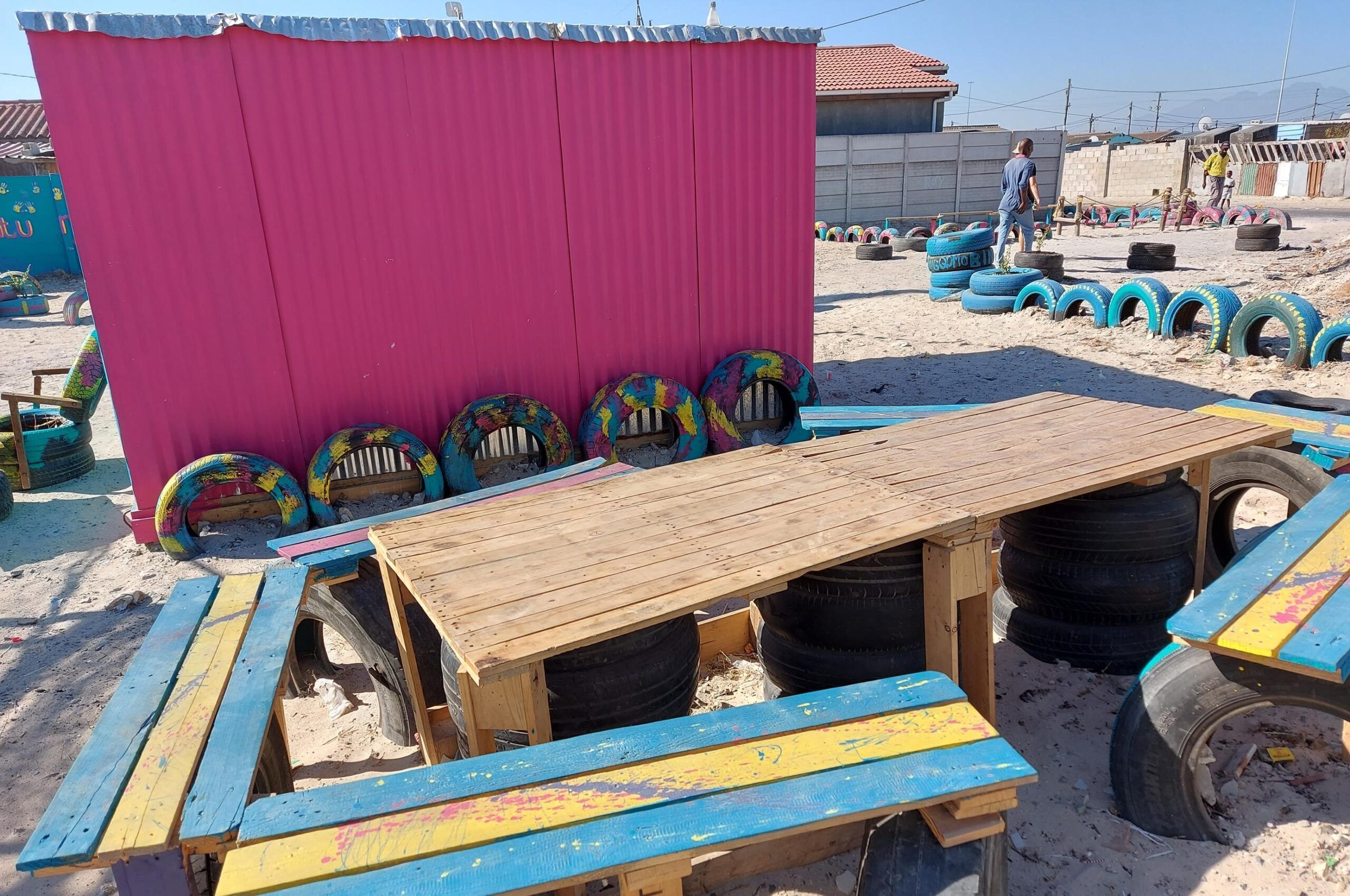
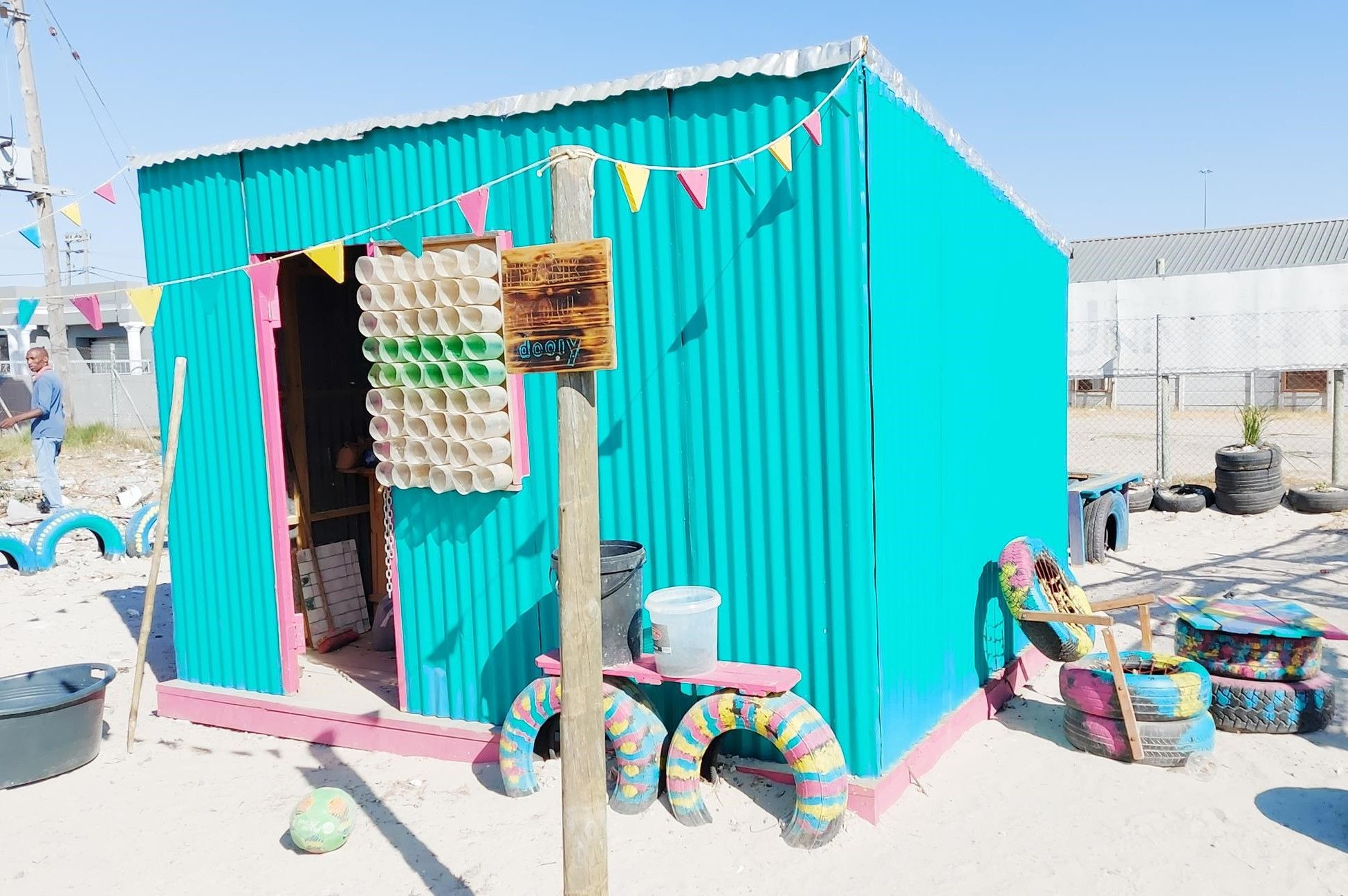
All solutions were developed in co-creation between community members, students from the Aachen University of Applied Sciences and local initiatives. The response from the community and our partners was consistently enthusiastic and positive.
The project impressively demonstrates how recycling, creativity and community knowledge can have a social and ecological impact. New spaces for encounters, education and food sovereignty have been created. We would like to thank all the partners involved and look forward to continuing our collaboration.

